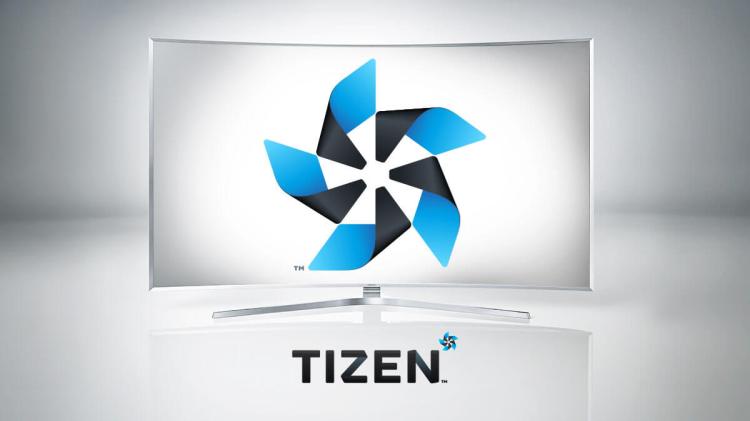testsetset
Google is facing antitrust scrutiny yet again, with South Korea’s Fair Trade Commission (FTC) announcing that it’s investigating the U.S. search giant to determine if it obstructed mobile partner Samsung’s development of its homegrown smartphone platform, Tizen.
As reported by the English version of the Korea Times, investigators are focusing on an Anti-Fragmentation Agreement between the two companies in which Samsung agreed not to fork Android in developing its own operating system. (Other companies, like Amazon and Xiaomi, use forked Android builds, based on the Android Open Source Project (AOSP) to power their devices.)
Because of the agreement, which ensured that Samsung would not leverage its market dominance in Android smartphones to deprive Google of the revenue it generates from its licensed, commercial version of the platform, the Korean company was forced to develop Tizen as an OS incompatible with the plentiful Android app catalog.
Furthermore, the FTC said that it was revisiting another antitrust investigation into Google, this one stemming from the Mobile Application Distribution Agreement it also entered with Samsung. MADA stipulates that commercial Android licensees give prominent on-device positioning to Google’s own services, and a 2013 investigation looked into whether it was harming other domestic search providers, such as Naver and Daum.
June 5th: The AI Audit in NYC
Join us next week in NYC to engage with top executive leaders, delving into strategies for auditing AI models to ensure fairness, optimal performance, and ethical compliance across diverse organizations. Secure your attendance for this exclusive invite-only event.
While Google was cleared at the time because officials determined competitors’ market shares were not being significantly affected, changing market dynamics have apparently convinced regulators to take a fresh look at the situation.
Google has faced antitrust scrutiny in nearly all of the major markets in which it operates, including the U.S., Europe, and Russia. While the company has so far escaped penalties in its home country, both Russia and the European Union have found it in violation of antitrust protections.


